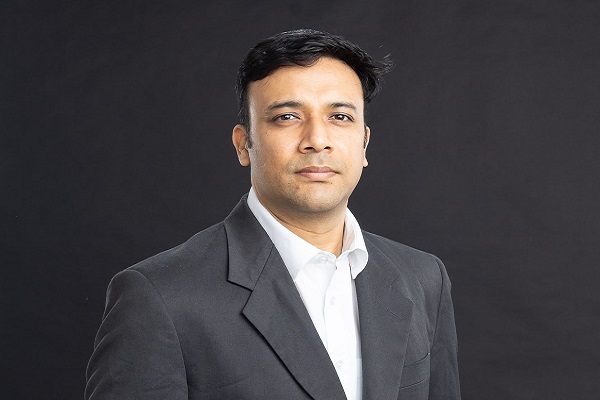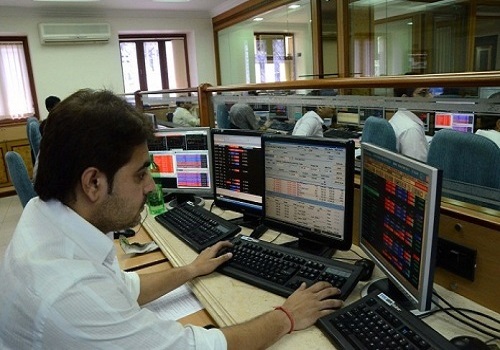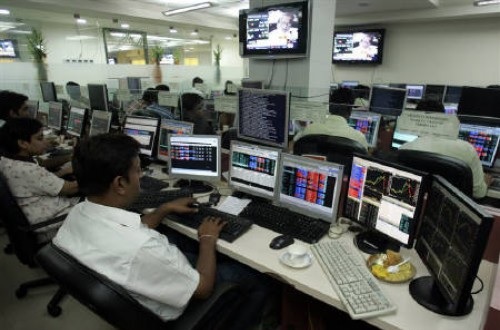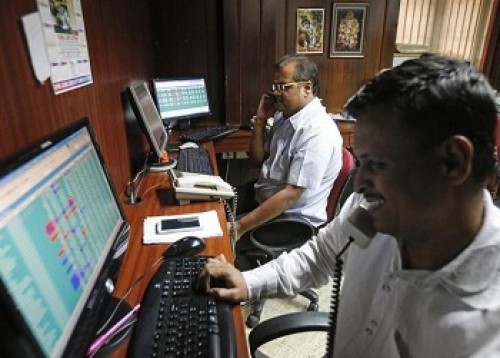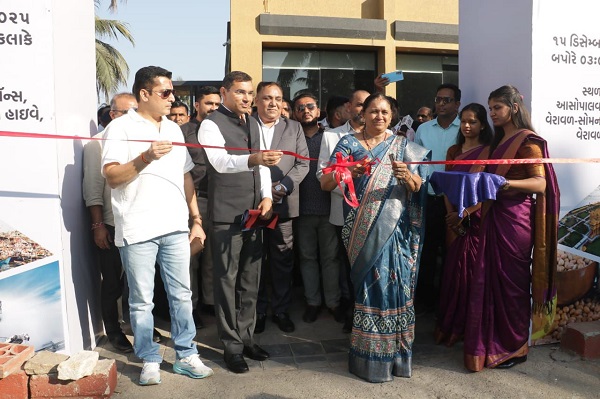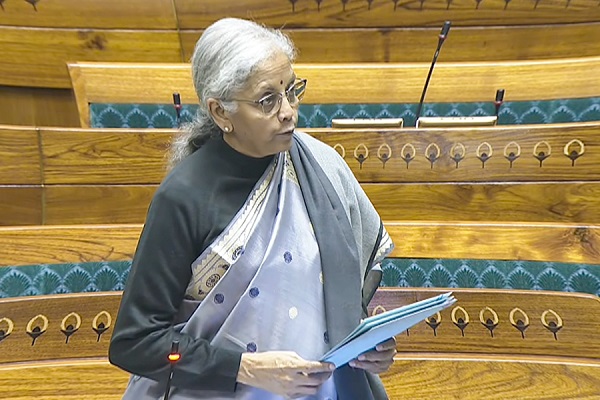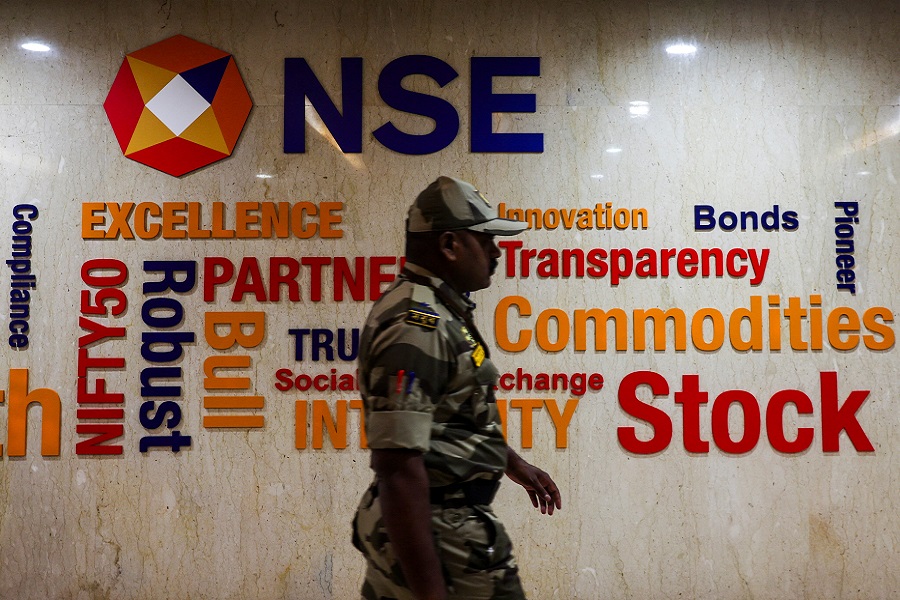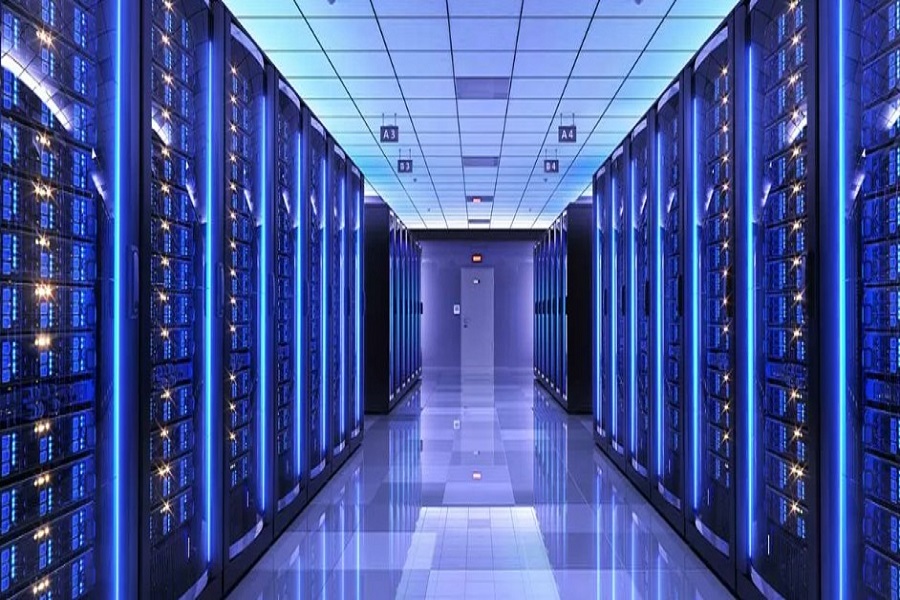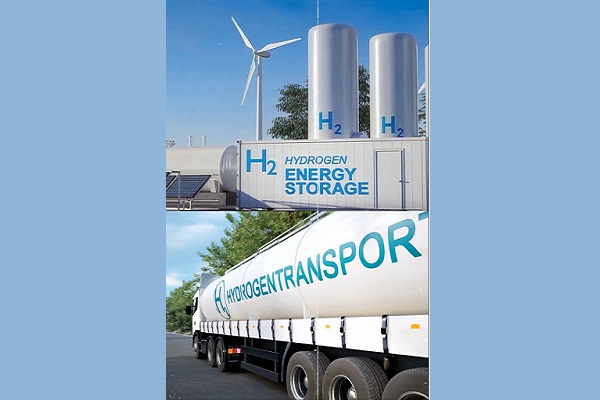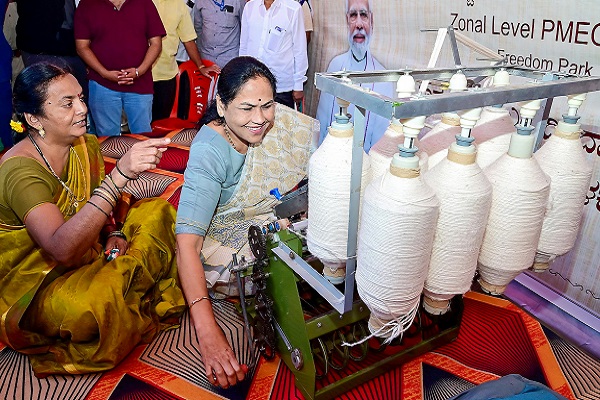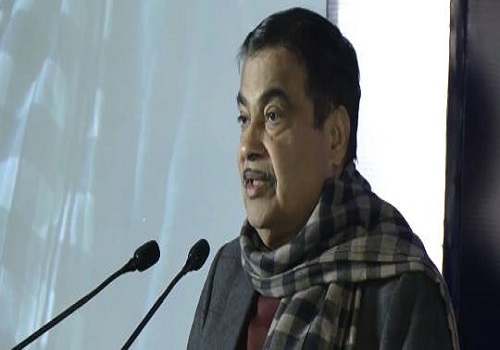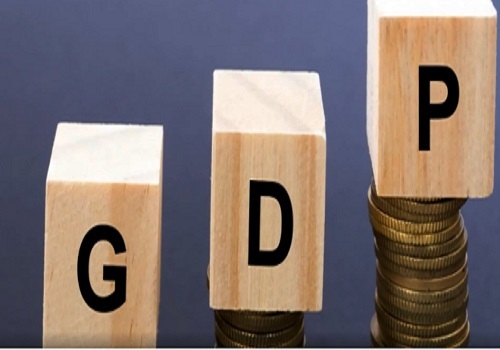India needs to secure long-term supply of critical mineral sources: CareEdge
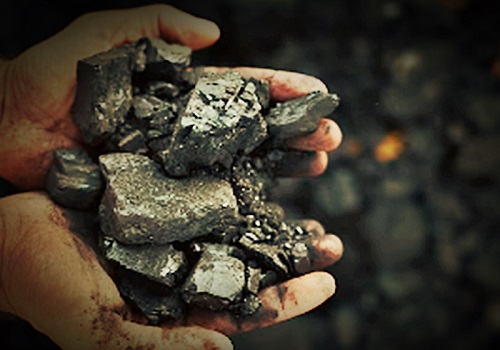
Ratings agency CareEdge in its latest report has said that with India having limited resources of lithium, cobalt, nickel and other critical minerals, domestic players need to secure long-term supply from countries having sizable reserves and focus on battery reuse and recycling. It said this would provide environmental benefits and reduce price and supply risk associated with imports of these minerals. India has set an ambitious target to meet 50 per cent of its primary energy requirement from renewable energy sources by 2030 (as a percentage of annual sales).
To achieve this, the report said India needs significant penetration of electric vehicles (EVs) as well as grid level energy storage capacity and this envisaged transition would significantly increase India's need for advanced chemistry batteries, particularly lithium-ion (Li-ion) batteries, due to the limitations of traditional batteries like lead-acid and nickel-metal hydride batteries. The demand for lithium-ion battery storage in India is expected to grow significantly, driven predominantly by migration towards EVs and renewable energy storage requirements. Consequently, India's dependence on imports is expected to decline sharply to around 20 per cent by FY27 from near-full dependence presently, due to giga-size integrated battery capacities coming onstream in India.
The report further said the relative cost-competitiveness of Indian manufacturers, in the context of capacity addition and pricing policy of large global integrated players, especially Chinese manufacturers, will be a key factor to monitor. India, in the previous fiscal, had a demand for around 15 GWh of Li-ion battery storage, largely from EVs and consumer electronics, which is expected to reach around 54 GWh by FY27 and around 127 GWh by FY30. It added that the demand is currently being met mostly through imports. However, it expects India's import dependency to decline to around 20 per cent by FY27, despite significant growth in demand due to large scale integrated capacities being built for Li-ion battery storage.

